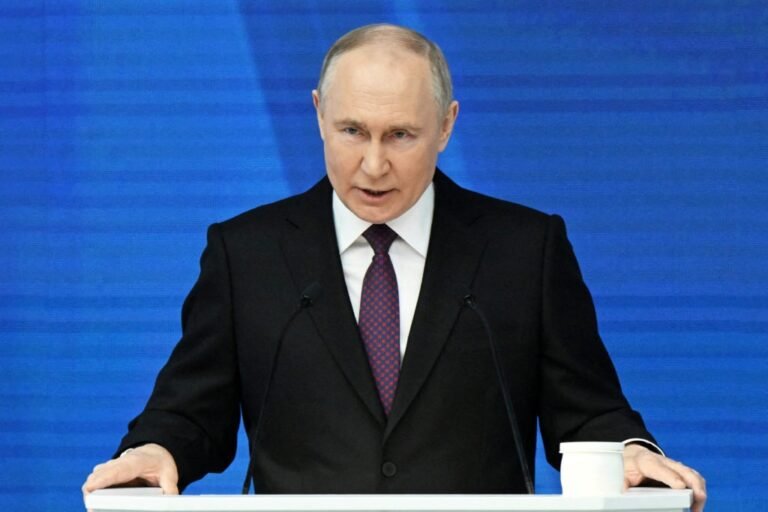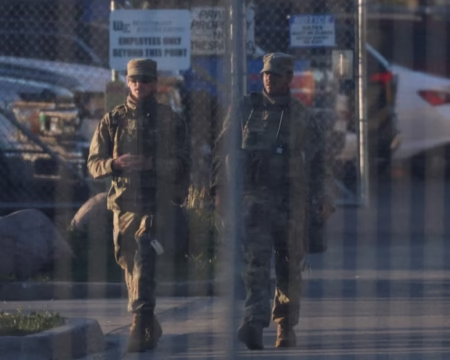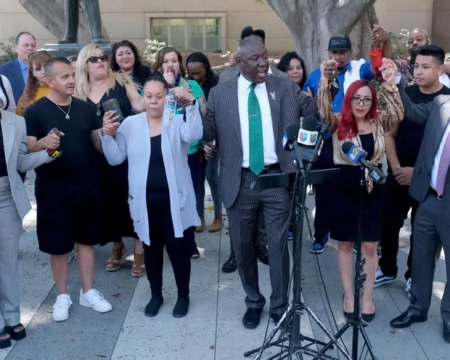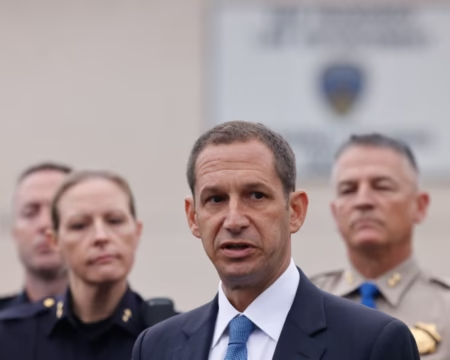Russian President Vladimir Putin has issued a stern warning to NATO, asserting that sending additional weapons to Ukraine crosses a “red line” and accusing Western nations of deliberately prolonging the conflict. The statement marks a sharp escalation in rhetoric, raising concerns about the potential for broader confrontation.
Putin’s warning comes amid intensified support for Ukraine from NATO members, who have supplied military aid, including advanced weaponry, to counter Russian advances. Moscow views this assistance as direct interference in its operations, framing the delivery of arms as a threat to Russian national security.
In his address, Putin emphasized that further weapons shipments could provoke retaliatory measures against NATO countries. Although he did not specify the nature of these actions, analysts warn that the comments signal heightened risks for European security and the possibility of miscalculations escalating the conflict.
The Russian president accused Western nations of deliberately prolonging the war to weaken Russia economically and politically. “They are not helping Ukraine to achieve peace,” Putin said, “but to turn it into a tool against Russia.” His remarks underscore Moscow’s view that NATO’s engagement is not merely defensive but part of a broader strategy aimed at containing Russia.
Western officials have pushed back against Moscow’s assertions, emphasizing that aid to Ukraine is intended to support the country’s right to self-defense under international law. NATO representatives reiterated their commitment to Ukraine while calling for restraint and continued dialogue to prevent escalation.
Experts note that Putin’s warning may serve multiple purposes. Domestically, it reinforces a narrative of Russia under siege, justifying military expenditures and consolidating public support. Internationally, it aims to pressure NATO members to reconsider the scale and pace of their military aid, creating leverage in ongoing diplomatic negotiations.
The warning also highlights the fragile state of Russia-NATO relations. Tensions have been high since the beginning of the Ukraine conflict, with repeated accusations of interference, sanctions, and violations of international norms. Putin’s statement signals that these strains could intensify if arms transfers continue unchecked.
Analysts caution that while the threat of retaliation is concerning, it may be largely rhetorical, aimed at shaping Western policy rather than triggering direct military action. Nonetheless, the comments underscore the dangers inherent in a heavily armed conflict with multiple international actors involved.
The situation places NATO in a difficult position. On one hand, providing military aid is seen as crucial to supporting Ukraine and deterring further Russian aggression. On the other, continued escalation risks provoking Moscow and further destabilizing European security. Balancing these priorities remains a central challenge for alliance leaders.
Meanwhile, Ukraine continues to call for additional support, citing ongoing attacks on its territory and strategic infrastructure. Kyiv’s leaders argue that timely aid is essential to defend civilian populations and prevent Russian advances, framing international assistance as both a moral and strategic imperative.
Putin NATO Ukraine warning underscores the high stakes in the current conflict. As weapons continue to flow into the region, diplomatic channels remain tense, with limited space for compromise. Analysts warn that miscalculations on either side could have far-reaching consequences beyond Ukraine, potentially affecting global security and economic stability.
As the situation develops, global attention is focused on how NATO responds to Moscow’s threat and whether further escalation can be avoided. The warning serves as a reminder of the delicate balance between military support for Ukraine and the risks of provoking a larger confrontation in Europe.







